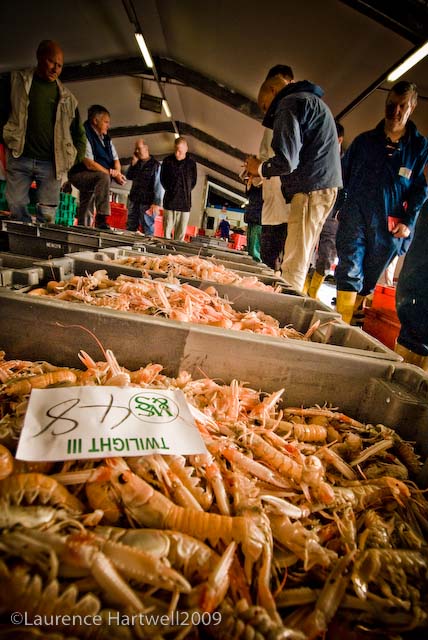"DISCARD ban extension could end up killing off the industry, writes Mike Park As every manager knows, from lowliest football coach to FTSE-100 company boss, success depends on taking people with you. It’s no different for governments, civil servants and regulators, who must surely realise that it is better to work together than to use power to impose your will. We have reached a stage with the implementation of the landings obligation, which prevents fishermen discarding catches at sea, where it is sadly obvious that this kind of commonsense approach is lacking in many areas.
The promise of regionalisation and improved good governance, which was to be a significant shift from the old regime, is woefully lacking as some member states continue to fight the concept of inclusion. To recap quickly, the discard ban, as it is more commonly known, kicked in at the beginning of 2015 for pelagic species such as mackerel and herring. Now, at the beginning of 2016, it is being phased in for demersal catches, starting with the key species such as haddock and prawns. By 2019 it will encompass all regulated commercial species.
When the Common Fisheries Policy was reformed, the new European legislation provided for greater regionalisation and enabled fishers’ bodies such as the advisory councils to play their rightful role in being advisors and helping to implement policy through the buy-in principle from the sector. In my experience, the advisory councils are serious bodies, which after much deliberation now accept the principle of the landings obligation, which is a political solution to a practical problem, and have worked hard to inject a much needed dose of realism into proceedings with practical and well-balanced suggestions and ideas.
As everyone knows, the legislation is a square peg which fishers will have great difficulty fitting into a round hole on the fishing grounds. Against this background it is ironic indeed that when it comes to finding a way to make the discard ban work without putting perfectly viable boats out of business, the level of intransigence still on view within European institutions and within some member state governments is extraordinary.
It’s not as if Scottish fishermen haven’t shown the way before. It is now widely accepted that their commitment to sustainability over a number of years brought us to the position where the majority of stocks are in good health, as confirmed by the science and the quota uplifts at the December Fisheries Council. If we are to avoid undermining this good work, the politicians and fisheries regulators need to start showing greater respect for those whom, until now, they have dispatched to the sidelines; in short they must adopt a more pragmatic approach.
Fishermen managed to overcome the deficiencies and frailties of the current discredited fisheries policy to deliver the healthy stocks we have today. It would be disappointing for all concerned if change brings about a slowdown in that recovery. The industry faces significant dangers, particularly in future years when more species are introduced to the discard ban. There remains a real risk that perfectly viable businesses will go under because measures designed to end the practice of throwing fish back overboard deliver the unintended consequence of killing an industry."
Read more from The Scotsman:
Follow us: @TheScotsman on Twitter
